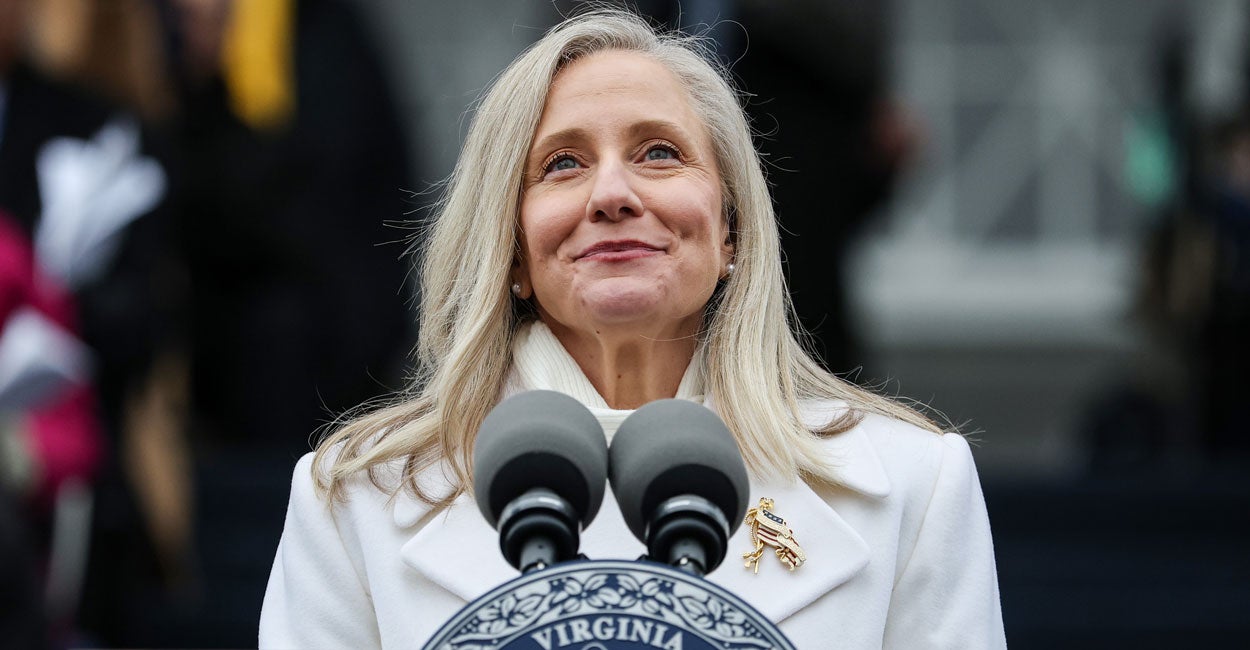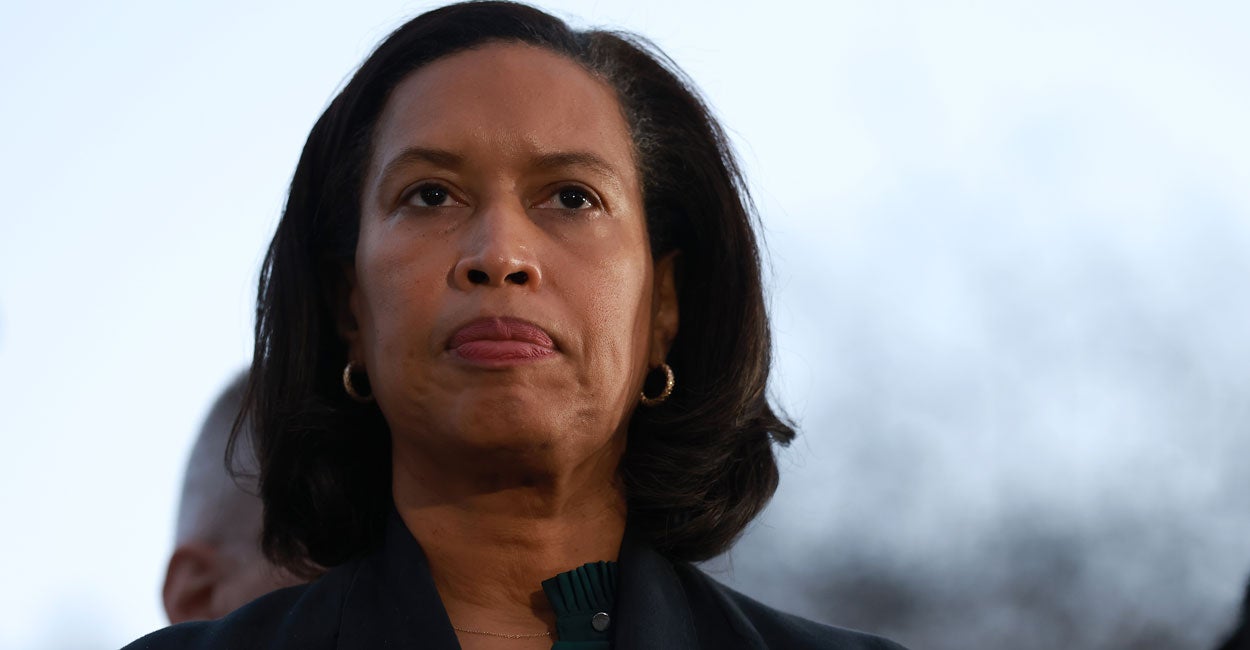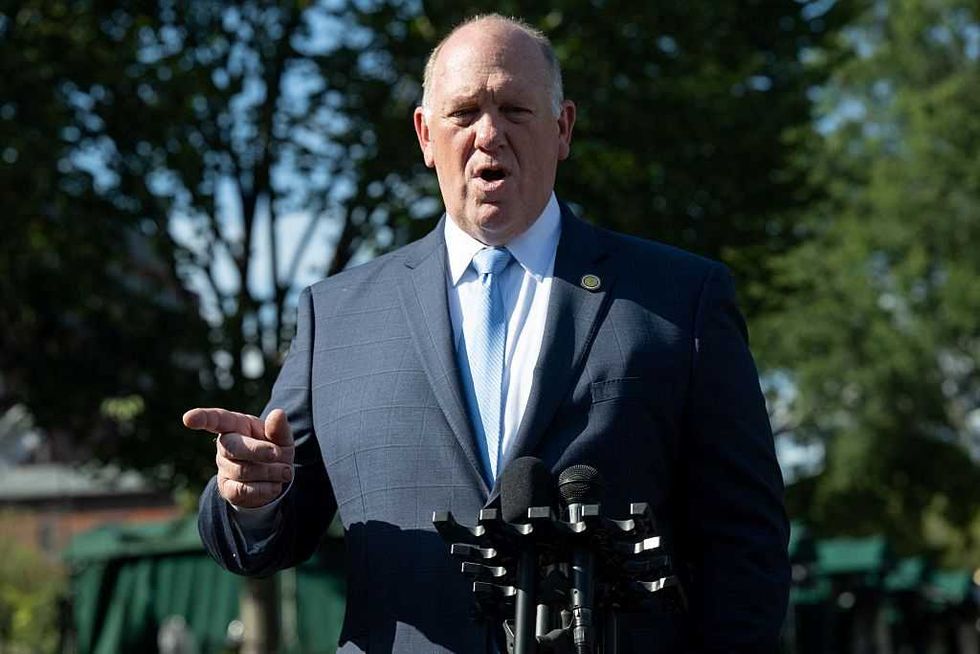Obamacare: Premiums Went Up, Coverage Went Down, and Insurance Companies Got Filthy Rich!

For more than a decade, Americans have lived under the Affordable Care Act—legislation President Barack Obama sold on promises that you can keep your plan, you can keep your doctor, lower premiums, greater choice, improved access and those with preexisting medical conditions will be protected. Yet families across the country know the truth: premiums continue to rise, deductibles have exploded, many illegal aliens are enrolled in taxpayer-subsidized ACA plans, and too many hardworking people still struggle to find a doctor who will take their insurance.
Live Your Best Retirement
Fun • Funds • Fitness • Freedom
Far from covering every American, Obamacare has left more than 28 million uninsured, according to the Centers for Disease Control and Prevention. The ACA is not delivering the affordability or accountability Americans deserve, and Congress has a responsibility to act.
Reforming our health care system does not require tearing it down; it requires taking it seriously. That begins with rigorous oversight. For years, Congress has allowed insurance companies, pharmacy benefit managers, and other industry giants to operate without meaningful scrutiny. We must change that. As of 2023, the CEOs of the five largest health insurers made roughly $75 million in annual compensation while American families’ premiums have risen to nearly $26,000 a year.
In all, since Obamacare became law, more than $9 trillion of taxpayer-funded revenue has flowed to health insurance companies. It is time to bring health insurance executives and actuarial experts before Congress and demand real answers about why costs keep rising, despite health insurers raking in nearly $400 billion in record profits and expanding federal subsidies since Obamacare became law.
Hearings and audits should be routine—not rare. We need a transparent accounting of where health care dollars go, how pricing decisions are made, and why American families continue footing the bill for a system that does not put patients first. Greater oversight is not about punishing success; it is about ensuring accountability to the public.
And accountability must include transparency. Any health insurer that accepts taxpayer-funded dollars—whether through the Obamacare exchanges, Medicaid managed care, or subsidized employer plans—should be required to publicly disclose and justify proposed rate increases, just as public utilities often must. If public utilities are expected to defend every rate hike affecting household budgets, health insurers receiving billions in taxpayer support should be held to the same standard. Rate decisions that impact millions of families must be open to public scrutiny, not buried in fine print.
As a doctor, I know firsthand that congressional oversight alone will not fix what is broken. We must also tackle one of the most persistent and overlooked drivers of cost: lawsuit abuse. Defensive medicine—tests and procedures ordered primarily to avoid lawsuits—adds billions each year to the cost of care. A straightforward “loser pays” tort reform model would discourage frivolous litigation, reduce unnecessary medical expenses, and help stabilize malpractice premiums for doctors, particularly those practicing in rural and high-risk specialties. Patients would still have the right to pursue legitimate claims, but bad-faith lawsuits would no longer be rewarded.
At the same time, we should be incentivizing wellness instead of simply paying for illness. Chronic conditions such as diabetes and heart disease account for the majority of health care spending. Encouraging preventive care, fitness, nutrition, and disease management programs—through tax credits, insurance incentives, and community-based partnerships—would reduce long-term costs and improve Americans’ quality of life. Wellness is also fully aligned with President Donald Trump’s focus on making America healthy again and reducing preventable diseases. And we must acknowledge a hard truth: Efforts to provide taxpayer-funded insurance to illegal aliens inevitably strain the system to the breaking point—ultimately leaving no one truly insured.
A healthier nation is a more prosperous one.
Finally, we must embrace the best health care technologies available. From telehealth to AI-driven diagnostics to digital health monitoring, innovation offers the most promising path to lowering costs and expanding access. During the pandemic, millions of Americans including those in my rural district in Arizona discovered that many appointments could be handled virtually, saving time and money. Congress should build on that progress by modernizing outdated regulations, expanding rural broadband, and ensuring insurers adequately reimburse technology-enabled care. The private sector is producing world-class tools; government should clear the way for their widespread use.
Reforming the ACA and our broader health care system is not about partisanship—it is about responsibility. American families cannot endure another decade of Obamacare broken promises. They deserve a system that is public and transparent, accountable, fair, innovative, and affordable. Through strong oversight, responsible legal reform, wellness incentives, and modern technology, we can deliver a health care system worthy of the people it serves.
Congress must lead and the time for real reform is now.
We publish a variety of perspectives. Nothing written here is to be construed as representing the views of The Daily Signal. This article was originally published Nov. 22 in The Daily Signal.
The post Obamacare: Premiums Went Up, Coverage Went Down, and Insurance Companies Got Filthy Rich! appeared first on The Daily Signal.
Originally Published at Daily Wire, Daily Signal, or The Blaze
What's Your Reaction?
 Like
0
Like
0
 Dislike
0
Dislike
0
 Love
0
Love
0
 Funny
0
Funny
0
 Angry
0
Angry
0
 Sad
0
Sad
0
 Wow
0
Wow
0















































































